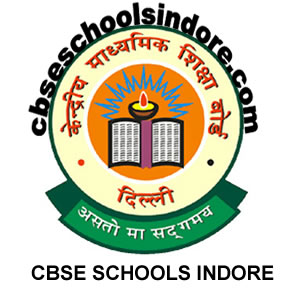Can educators be educated about how to educate

The children of today will create our future tomorrow. What a better way to enhance our future than by teaching,it's becoming harder and harder to find good teachers in today's world.
The children of today will create our future tomorrow. What a better way to enhance our future than by teaching. It's becoming harder and harder to find good teachers in today's world. We need good teachers to educate and inspire our children to make our nation a success in the future.
In its technical sense, education is the process by which society deliberately transmits its accumulated knowledge, skills, and values from one generation to another.
The term 'education' is the noun form of the verb educate. It comes from the Middle English educaten; coming from the Latin term educare, educatus meaning 'bring up, rear'; linked to educere meaning 'to lead forth' or 'bring out'. The suffix 'ion' refers to a particular action or process. It could also refer to the result of the same. It also means 'state or condition'
Teachers in educational institutions direct the education of students and might draw on many subjects, including reading, writing, mathematics, science and history. This process is sometimes called schooling when referring to the education of teaching only a certain subject, usually as professors at institutions of higher learning. There is also education in fields for those who want specific vocational skills, such as those required to be a pilot. In addition there is an array of education possible at the informal level, such as in museums and libraries, with the Internet and in life experience. Many non-traditional education options are now available and continue to evolve
The school of education divide their curriculum into three parts:
(1) regular academic subjects in order for teachers to learn and know the basic of what they are assigned to teach;
(2) the "foundation" courses that gives teachers a sense of history and philosophy of education; and
(3) the methodology courses [methods] that are supposed to offer ideas for how to teach particular subjects. And, there are many schools that add a required "element" as a student teacher [doing practice] in a more experienced teacher's class. .
The various kinds of further study that may be required for a teacher can be split into a number of groups or classification systems. There is faculty education specifically designed for university deans, chairs and other faculty roles within a university. There is further education in assessment and accountability practices for a variety of teachers throughout the primary, secondary and tertiary systems. There is training related to the roles of diversity and global learning systems. Some of the other major fields of further education for teachers include training into student research, training into distance learning education including the use of technology as an educational tool and experiential service related learning programs that are used in specific commercial and non commercial industry environments. Teachers never completely stop learning themselves, and for some kinds of teachers; re-education and re-evaluation is an everyday activity.
Gunjan Anand
- Reservations System in india
- Why is computer literacy mandatory
- Education Quality In India Falling
- Can educators be educated about how to educate
- Tackling education problem in India
- IT education In Schools
- Job Scenario For Graduates With IT Skills
- Public Finance Management
- Benefits And Drawback Of Online Educations
- Specialization In Management Courses








